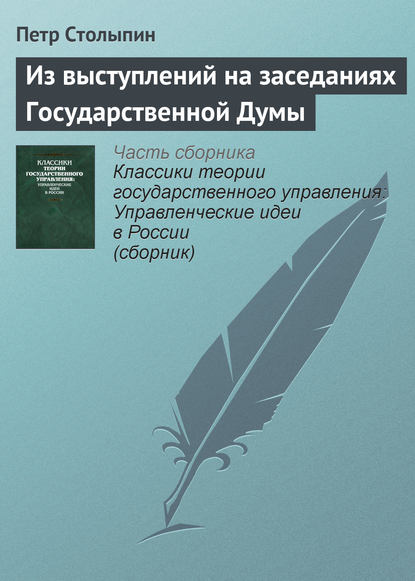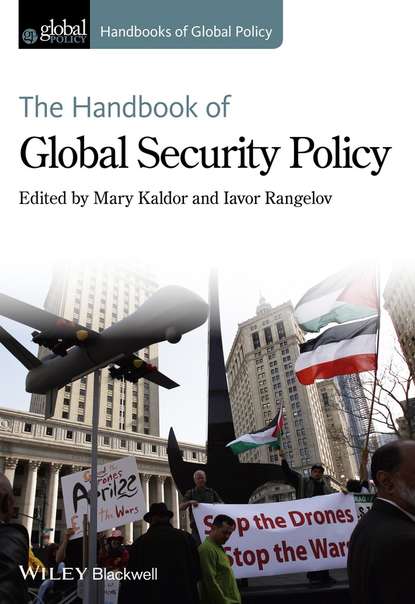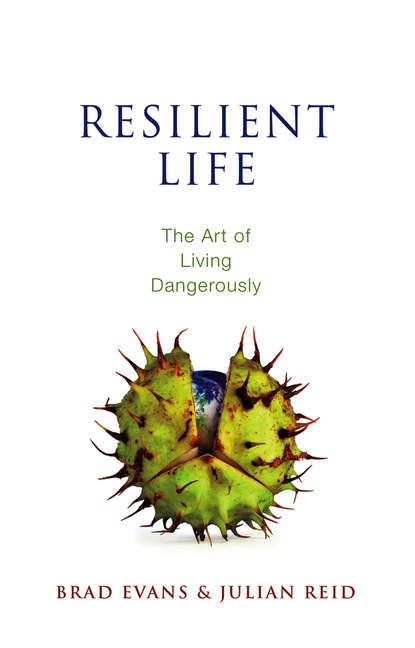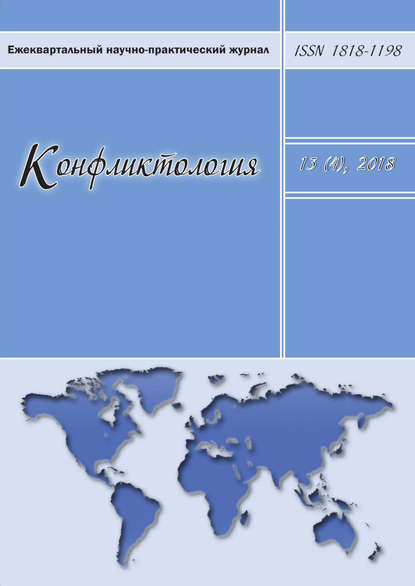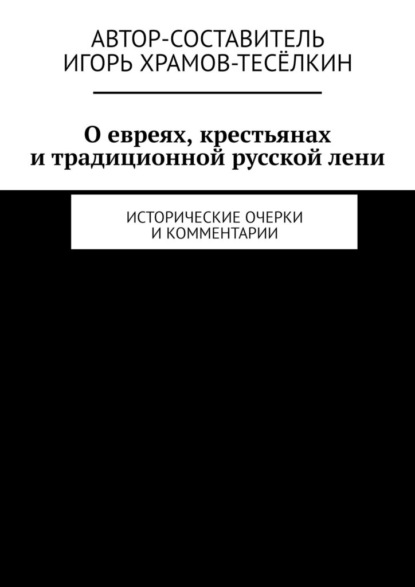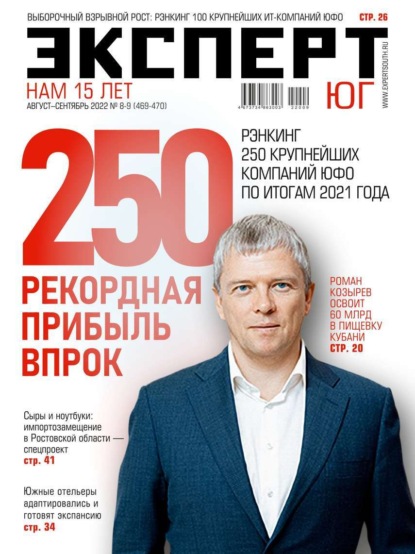Эта книга объединяет ведущих феминистских мыслителей, которые анализируют борьбу за интерпретативную власть, лежащую в основе международного развития. В книге ставится вопрос, почему идеи из многолетних феминистских гендерных исследований развития так часто превращаются в "гендерные мифы" и "феминистские басни": женщины больше заботятся об окружающей среде; лучше работают вместе; менее коррумпированы; обладают почти бесконечной способностью выживать.
Книга исследует, как упрощенные и обедненные представления о гендерных отношениях одновременно оказались встроены в политику и практику развития. В ней прослеживаются способы, которыми язык и образы развития связаны с практикой, и дается тонкий анализ политики производства знаний.
Утверждается, что борьба за интерпретативную власть важна не только для нас самих, но и для последствий, которые она имеет для жизни женщин во всем мире. Книга содержит вдумчивый анализ того, как "гендер" трансформировался при переносе в политику развития, и как многие авторы сейчас пересматривают и размышляют о своей прежней работе.
This collection presents the analysis of noteworthy themes by some of the most accomplished women writers within the field of feminism. Andrea Cornwall, is a leader in this part of women's studies and valuable contribution to the development of sexy concepts.
Электронная Книга «Gender Myths and Feminist Fables» написана автором Andrea Cornwall в году.
Минимальный возраст читателя: 0
Язык: Английский
ISBN: 9781444306682
Описание книги от Andrea Cornwall
This collection brings together leading feminist thinkers who examine the struggles for interpretive power which underlies international development. Questions why the insights from years of feminist gender and development research are so often turned into ‘gender myths’ and ‘feminist fables’: women are more likely to care for the environment; are better at working together; are less corrupt; have a seemingly infinite capacity to survive Explores how bowdlerized and impoverished representations of gender relations have simultaneously come to be embedded in development policy and practice Traces the ways in which language and images of development are related to practice and provides a nuanced account of the politics of knowledge production Argues that struggles for interpretive power are not only important for our own sake, but also for the implications they have for women’s lives worldwide An informed analysis of how ‘gender’ has been transformed in its transfer into development policy and how many authors are now revisiting and reflecting on their earlier work



